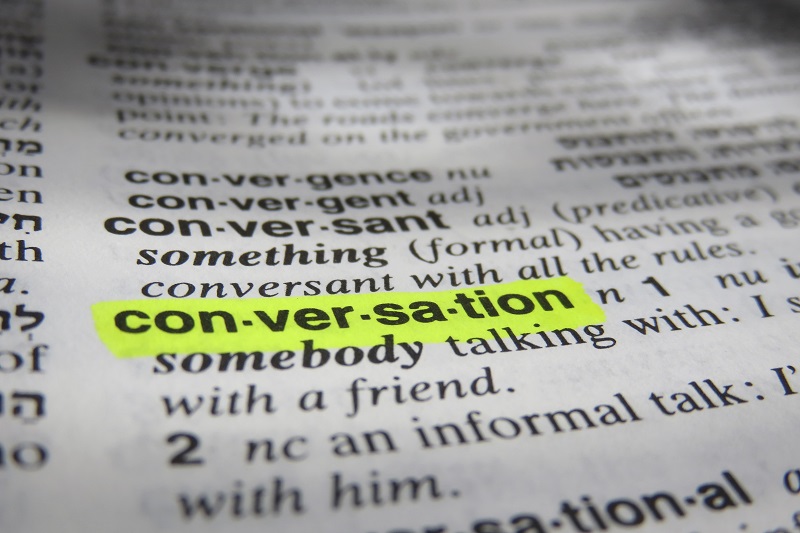
Using Your Best Voice: Do Not Write How You Speak
 Have you ever noticed how you speak in everyday conversation? Next time you are talking with someone, pay attention to how many ‘likes’, ‘ums’, and ‘rights’ you unconsciously and habitually throw into the mix; everyone does it, and this type of informal language is accepted within our circle of friends and daily casual conversation and correspondence.
Have you ever noticed how you speak in everyday conversation? Next time you are talking with someone, pay attention to how many ‘likes’, ‘ums’, and ‘rights’ you unconsciously and habitually throw into the mix; everyone does it, and this type of informal language is accepted within our circle of friends and daily casual conversation and correspondence.
One of the worst pieces of advice given when engaging with formal writing is to write how you talk. Any professional will tell you is that when you are writing an academic or professional document, it is never appropriate to write in colloquial language. Using this informal, conversational language is the first step to getting noticed—for all the wrong reasons. Writing as if you are talking to your best friend or sending messages on social media does not establish your reputation as a formal and conscientious writer; your language and phrasing does not have to equal that of a presidential speech (unless that is what you are writing!) but you should attempt to reach and maintain a high level of formality and academic standard.
There are countless style guides with tips and rules for specific documents you might be writing, from business proposals to cover letters or academic essays, and all require that your writing is consistent and mature. Paying attention to simple differences between informal and formal writing will make a noticeable improvement in your document. Always consider your style and audience as you write and prepare for the editing stage, keeping in mind just a few (of the many) following tips:
●The use of contractions — in formal writing, it is more appropriate to write out the complete word (cannot, do not, should not) instead of using the short form (can’t, don’t, shouldn’t).
●Avoid abbreviations — words like phone, admin, or TV should be written out in full as well (telephone, administration, television). Always spell out days of the week (Monday, Tuesday, Wednesday). This sounds like an obvious one, yet often we simply forget to do it properly when we are used to shortening the majority of our daily written conversation.
●Numbers — it is a general rule that any number below 10 should be written (three, four, five). When the number is greater than 10, it is fine to use numbers (1500, 70,000).
●Attempt a more complex writing style — formal writing prefers the use of longer sentences over shorter, choppy ones. A longer sentence allows you to be thorough when you are expressing your thoughts or if you want to explain something clearly. Beware of the run-on sentence, however. Use proper punctuation and end your thoughts at the right spot.
Good writing does not happen naturally—it is important to pay attention, keep your style consistent, and choose the right words. Grasping these skills will help to avoid a lot of miscommunication in your work and will ease the editing process as well. If you need a little assistance, however, skilled writers can modify your language and tailor your document to a specific audience. When you really need to send a clear message and do not want to risk any miscommunication, just send your words to Homework Help Canada and our wordsmiths can formally shape a crystal-clear assignment, letter, or proposal. Whatever your colloquial voice wants to say, we can help make it a bit more formal.
References:
The Difference Between Formal and Informal Writing. Retrieved August 31, 2015, from http://www.word-mart.com/html/formal_and_informal_writing.html


